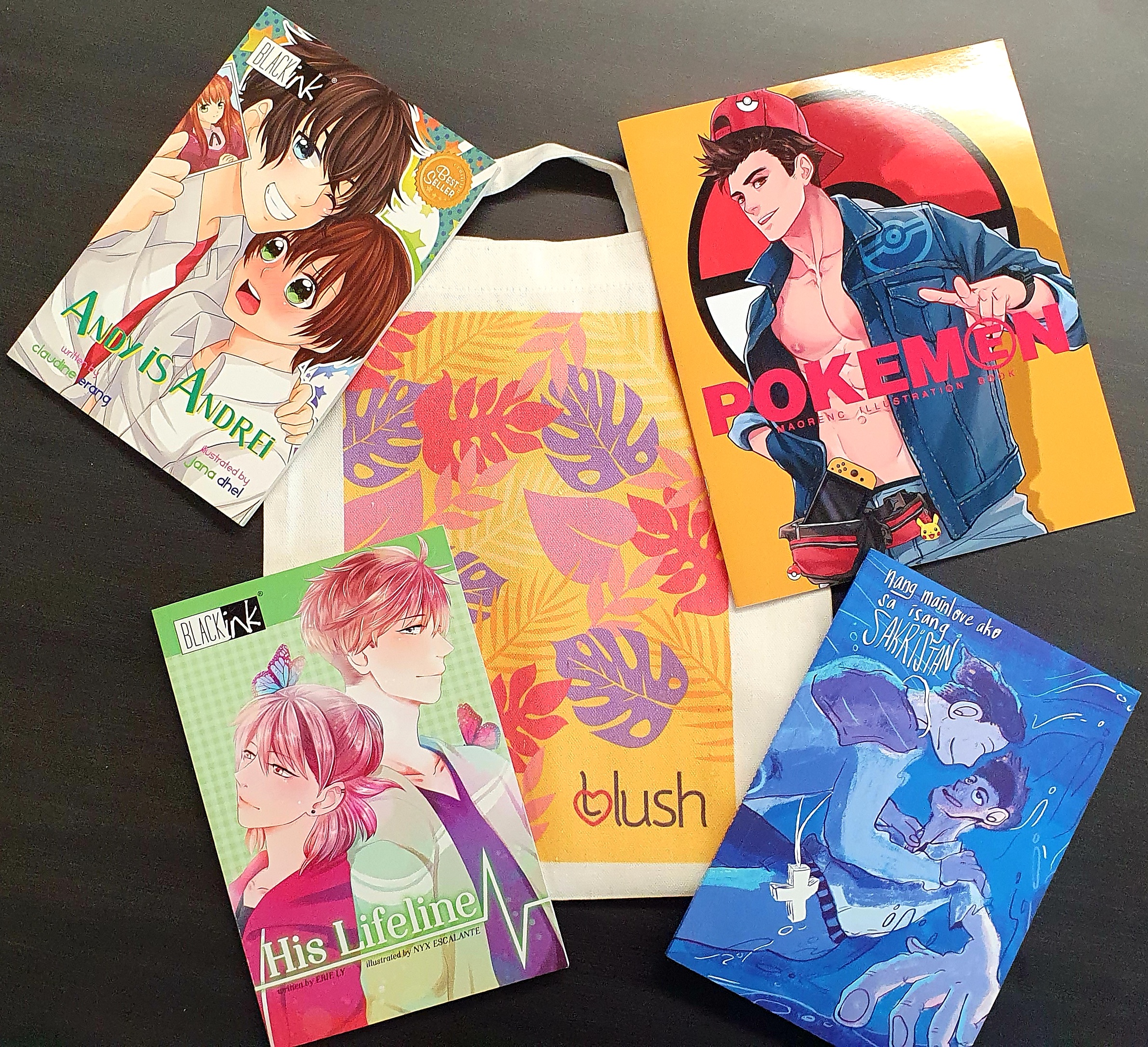
On 17th December, I will be joining the 7th Biennial Conference of the Japanese Studies Association of ASEAN, jointly hosted by a consortium of Philippine Institutions and the National University of Laos. On this day, I will be giving a masterclass for graduate students and ECRs entitled “What can Japanese Popular Culture and its Online Fandoms Teach Us About Society and Culture in Southeast Asia?” I’d like to thank the Japan Foundation for their generous support in facilitating the running of this masterclass.
I will also be delivering a presentation based on fieldwork I conducted in the Philippines in 2019. The presentation, entitled “Japanese queer popular culture and the production of sexual knowledge in the Philippines,” acknowledges that Japanese media plays a significant role in shaping LGBTQ+ Filipinos’ understandings of sex and gender.
Addressing the conference theme of “Bonds and Connections” between Japan and Southeast Asia, I wish to push the study of Philippine sexual culture beyond its current myopic focus on the impact of the West on local knowledge to recognize the importance of inter-Asia referencing.
Here is the abstract:
The last several decades have seen a growth in the transnational circulation of Japanese queer popular culture such as Boys Love media, bara manga and pornographic videos. Since the 1990s, the Philippines have emerged as an important market for Japanese media with queer themes. Drawing upon interviews with 31 Filipino fans of queer Japanese popular culture from a variety of gendered and class backgrounds, this chapter explores how Filipino consumers engage with fantasies of Japan as an “aspirational resource” that challenges experiences of societal heteronormativity. I reveal that Filipino consumers especially value the queer popular culture of Japan as it provides an affirming representational politics that they believe is absent within Philippine mainstream media, producing fantasies of Japan as an “LGBT paradise”. These fantasies, I suggest, play an important role in contouring how Filipino fans affectively experience and conceptualize their queerness, producing sexual knowledge grounded in Japanese popular culture. In particular, I chart how fans’ initial encounters with Boys Love and gay male pornography helped facilitate their identification with same-sex attraction and provided them with a vocabulary to express and make sense of their desires. I conclude the chapter by juxtaposing the informants’ attitudes towards the queer popular cultures of Japan and the US, which was a common theme in interviews. I specifically expose how the informants’ disavowal of the US as a site of queer liberation and their privileging of Japan reveals shifts in the “libidinal economy” of the Asia-Pacific within which the Philippines are situated.
The presentation draws upon a forthcoming chapter of the same title that I contributed to the Routledge Handbook of Queer Southeast Asia, edited by Shawna Tang and Hendri Yulius Wijaya.
